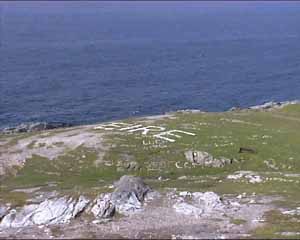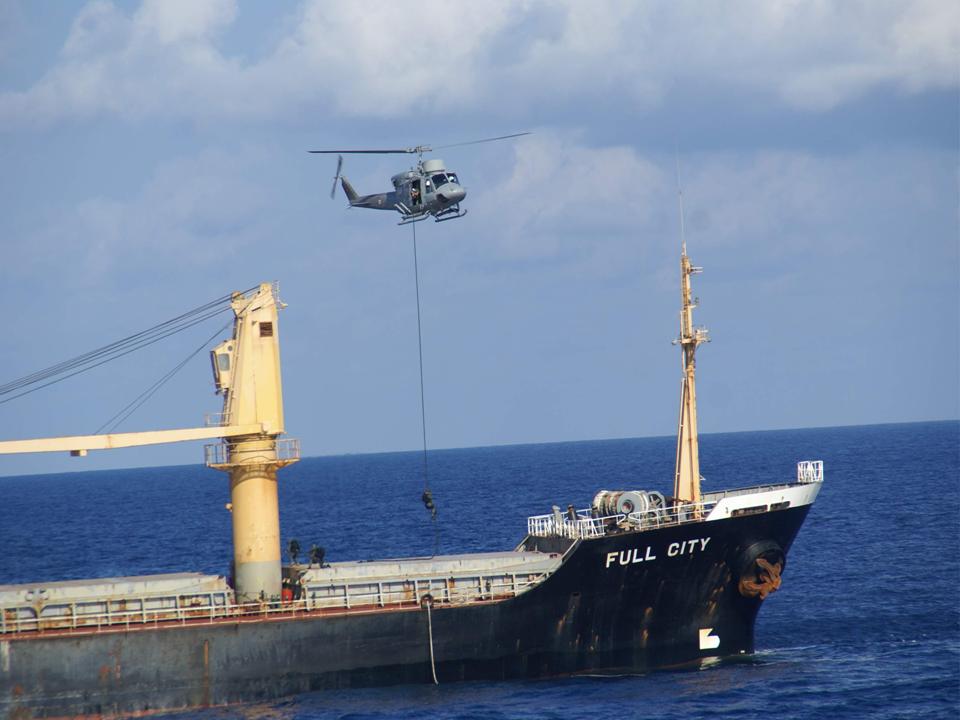Ireland forgives its “deserters”. Finally…

(BRUSSELS2) It took almost 70 years after the end of the Second World War for Ireland to officially grant its pardon to "deserters". The Irish government indeed announced yesterday (Tuesday 12 June) its decision to absolve its soldierswho had left the Irish army to join the British army and fight, alongside the allies, from the African deserts to the jungle of Burma via the beaches of Normandy.
« On behalf of the State, the government apologizes for the way in which those members of the Defense Forces who left to fight alongside the Allies during the Second World War, from 1939 to 1945, were treated after the War by the state affirmed the Irish Minister for Defence, Justice and Equality, Alan Shetter, speaking before parliament.
At the time, Ireland was neutral in this conflict but some 5000 soldiers had decided to "desert", not to flee the fight but, on the contrary, to continue it, alongside the British and the other allies. At the end of the war, on returning home, they had the unpleasant surprise of having been declared "traitors" and "deserters". Worse, they saw themselves registered on a kind of official blacklist, prohibiting them from hiring in the public services, as well as any access, for them and their families, to social services (unemployment, retirement, pensions in the event of the death of their companion, etc.) for seven years. But besides the material aspects, it is the stigmatization as traitors to their country that has been a long humiliation for these soldiers, who elsewhere would surely have been considered heroes.
Ireland, indeed, had decided to remain neutral, affirming that it was there the only means of guaranteeing the perenniality of independence vis-à-vis the British neighbor. Still having in mind the memory of the Civil War and the brutal and "vicious" repression carried out by London, the Irish government took a very dim view of any alliance with the former colonist. This makes it possible to "understand" the position of the Irish government for a long time (but of course, is it necessary to recall it, "understanding is not justifying"). If this pardon does not change history, it allows veterans and their families, who campaigned for this pardon, to restore a form of justice by officially recognizing the role played by these soldiers during the war. And move on. Today there are only a hundred of these veterans left.
To read or listen to a testimonial, here. The government statement is la.

